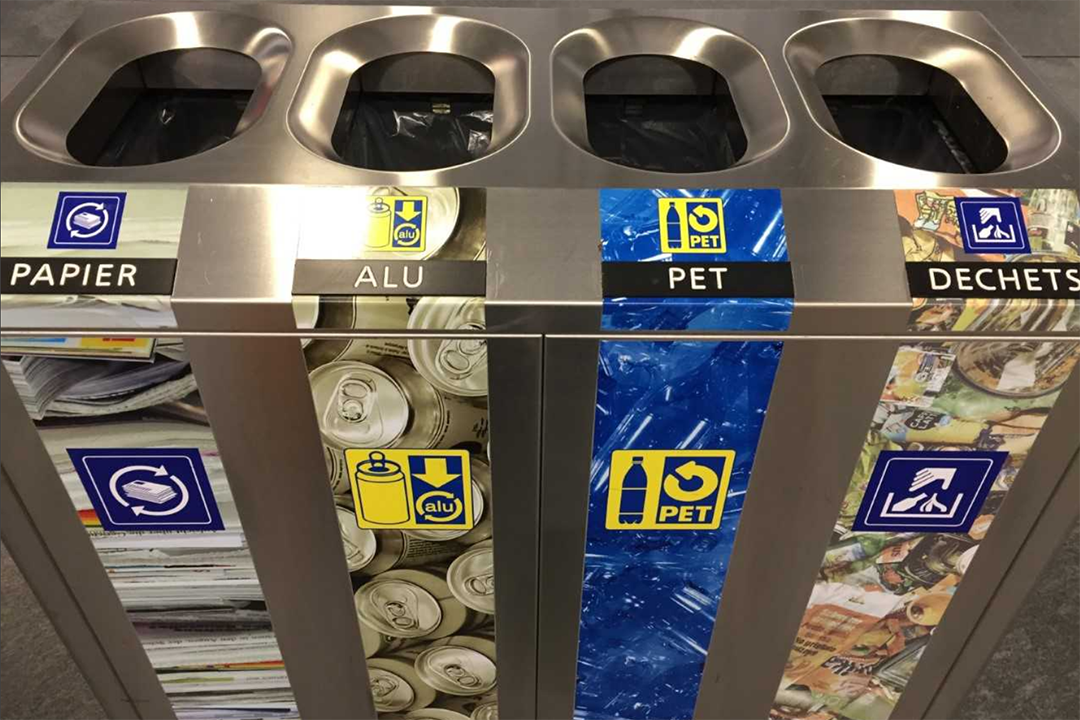By Olga Algayerova
The extraction of raw materials worldwide has more than doubled since 1990 and could double again by 2060 in the absence of corrective policies. According to the UN International Resources Panel, resource extraction and processing account for 90% of global biodiversity loss and water stress impacts, and half of total greenhouse (GHG) emissions, excluding those related to land use.
We must make a long overdue sense of resource responsibility part of our identity.
The 56 countries of the UNECE region, spanning from North America to Europe, the Balkans, the Caucasus, and Central Asia, are major users and producers of natural resources, and thus bear considerable responsibility. Why are their efforts to advance sustainability not delivering the results we need for more responsible resource use?
Although efficiency in the domestic use of resources continues to increase in the region, the overall material footprint, which includes the raw materials in imported goods, rose by more than 17% between 2000 and 2017.
We Must Harness Circularity Momentum as a Catalyst for Change
We simply cannot continue down this path. The take-make-waste model that has dominated the last 70 years is no longer fit for purpose. Since we have no Planet B, the throwaway culture of “fast” consumption must come to an end. If how we consume has become part of what defines us, then we must seize growing public awareness and consumer consciousness as catalysts for a fundamental shift in mindset, making a long-overdue sense of resource responsibility a part of our identity.
First of all, we need to consume less resources, and in a smarter way. We must push harder – as consumers, retailers, and regulators – to eliminate unnecessary materials wherever possible, and eliminate programmed obsolescence.
The consumer drive for second-hand clothing or furniture, and shared mobility schemes – public health conditions permitting — is a major development that must be leveraged. Some major brands (IKEA and others) are expanding their offering of pre-used goods. Many more must follow. The sharing economy must also be encouraged. And, of course, renewable energy must become the backbone of our economies.
Governments in our region have recognised the urgent need to accelerate the shift to a circular economy and greener, more responsible resource use. This is the focus of our upcoming biannual Commission session, which will convene from 20-21 April 2021. The EU Green Deal is another strong political symbol of the momentum towards responsible consumption, further signalled by the Leaders Summit on Climate summoned by US President Biden, to begin on Earth Day (22 April).
At the UNECE Commission, governments are expected to announce national pledges for circularity. I call on all countries to be bold and use this occasion to provide testament to their commitment to recover better from the COVID-19 crisis.
With efforts way off-track for Paris Agreement targets, accelerating the circularity transition offers a lifeline to decarbonize our economies. Among cross-cutting benefits for the SDGs, a systemic move to a resource-efficient and circular economy could lead to 18 million global job reallocations and 1.8 million net job creations by 2040.
But we have a long way to go: the 2021 Circularity Gap Report estimates that the global circularity rate (recovered materials as percentage of overall materials used) stands at 8.6%, down from 9.1% in 2018. In the EU, the rate increased from 8.3% in 2004 to 11.9% in 2019, but with very slow progression since 2012, which suggests that improvements become more difficult once certain levels have been achieved. And despite policy efforts, waste continues to increase in both absolute and per capita levels in most economies in the region. So, what can be done?
We Need a System-level Shift, Using All Available Tools
We are far beyond the point where a simple nudge here and there will provide the solution; what we need is a system-level re-set. We must take current trends as a clear call to redesign the processes and incentives – including fiscal measures – governing patterns of production and consumption. If, for example, the construction industry is struggling to incorporate more recycled materials due to cost, or recycled PET is more expensive, we can hardly be surprised by low market uptake. Put another way, we urgently need costs to properly reflect the externalities of our choices. Fundamental to this is a price on carbon – an issue which I urge all governments of our region to put high on their agendas as we get ready for UNFCCC COP 26.
We also need the right regulatory instruments in place. I am proud that for the automotive sector, a United Nations regulation adopted at UNECE in 2013 requires 85% of new vehicles’ mass to be reusable/recyclable and 95% reusable/recoverable, thereby reducing overall environmental footprint by influencing the design process. This binding regulation, which covers one quarter of all vehicles sold globally – some 23 million vehicles in 2019 – is a step in the right direction. Such approaches need to be massively scaled up across all sectors.
The clock of the Paris Agreement is ticking. We have no more time to lose before facing up to our responsibilities as policy makers, consumers, producers, and citizens.
The author of this guest article, Olga Algayerova, is United Nations Under-Secretary-General and Executive Secretary of the UN Economic Commission for Europe (UNECE).
